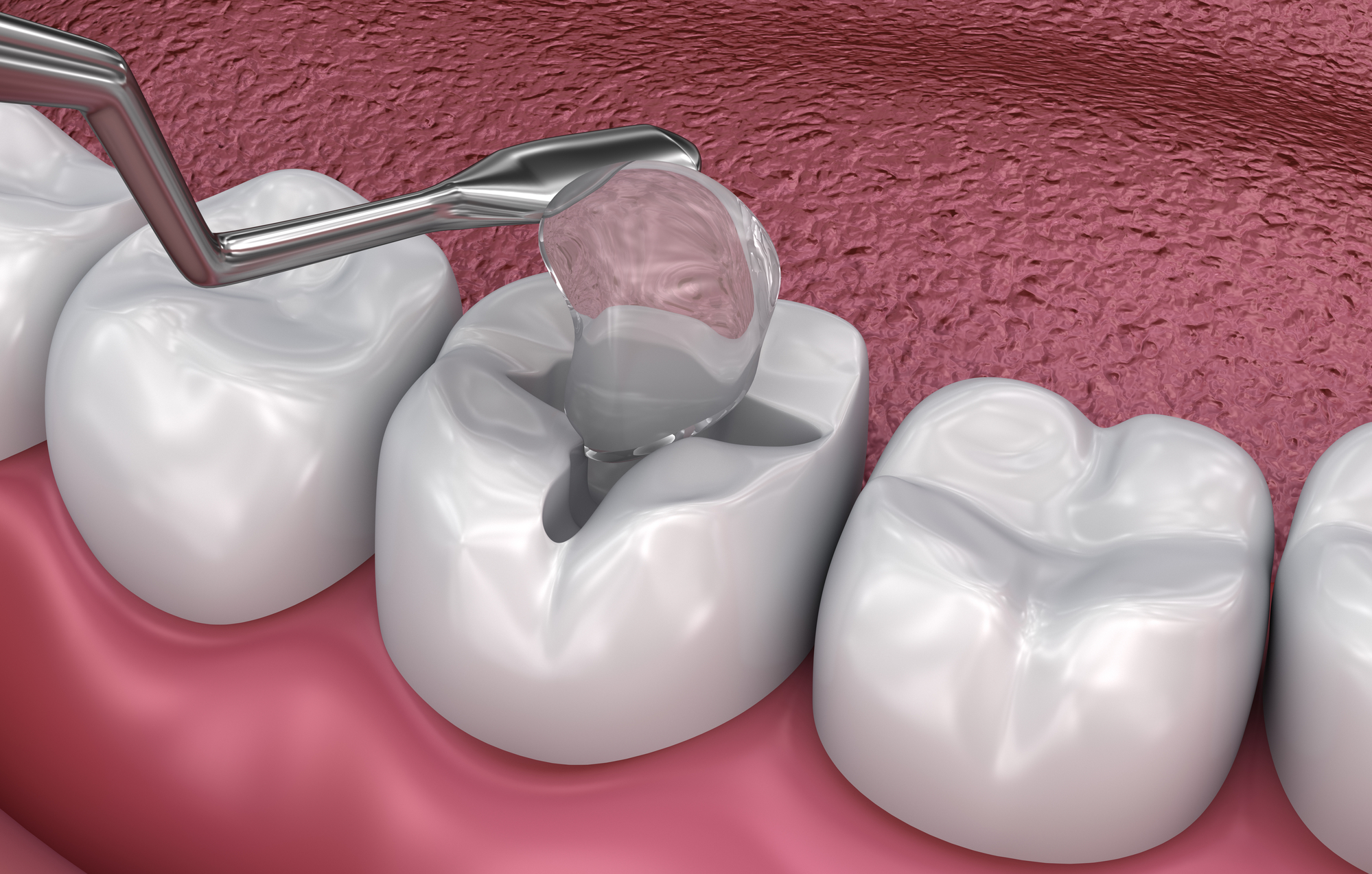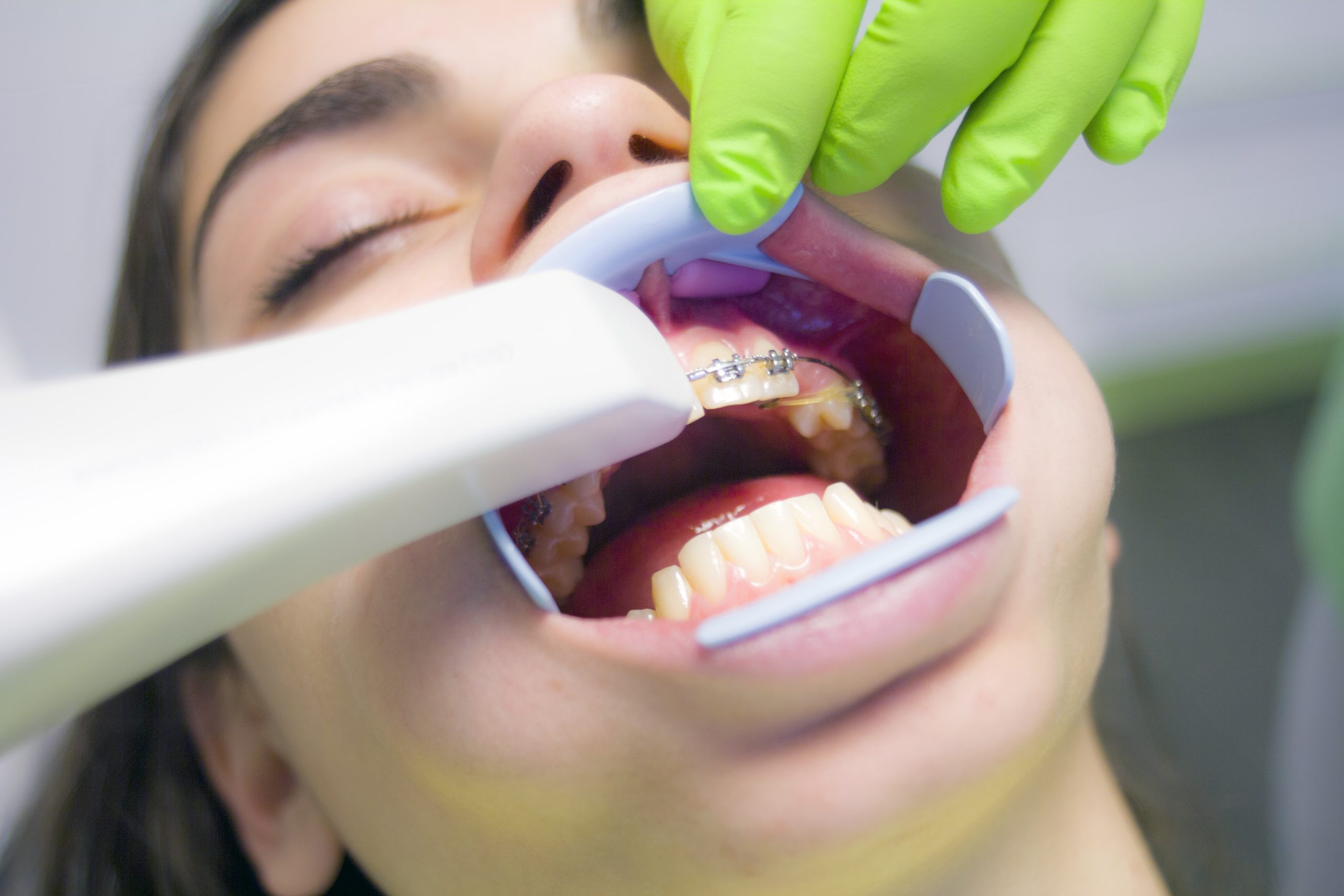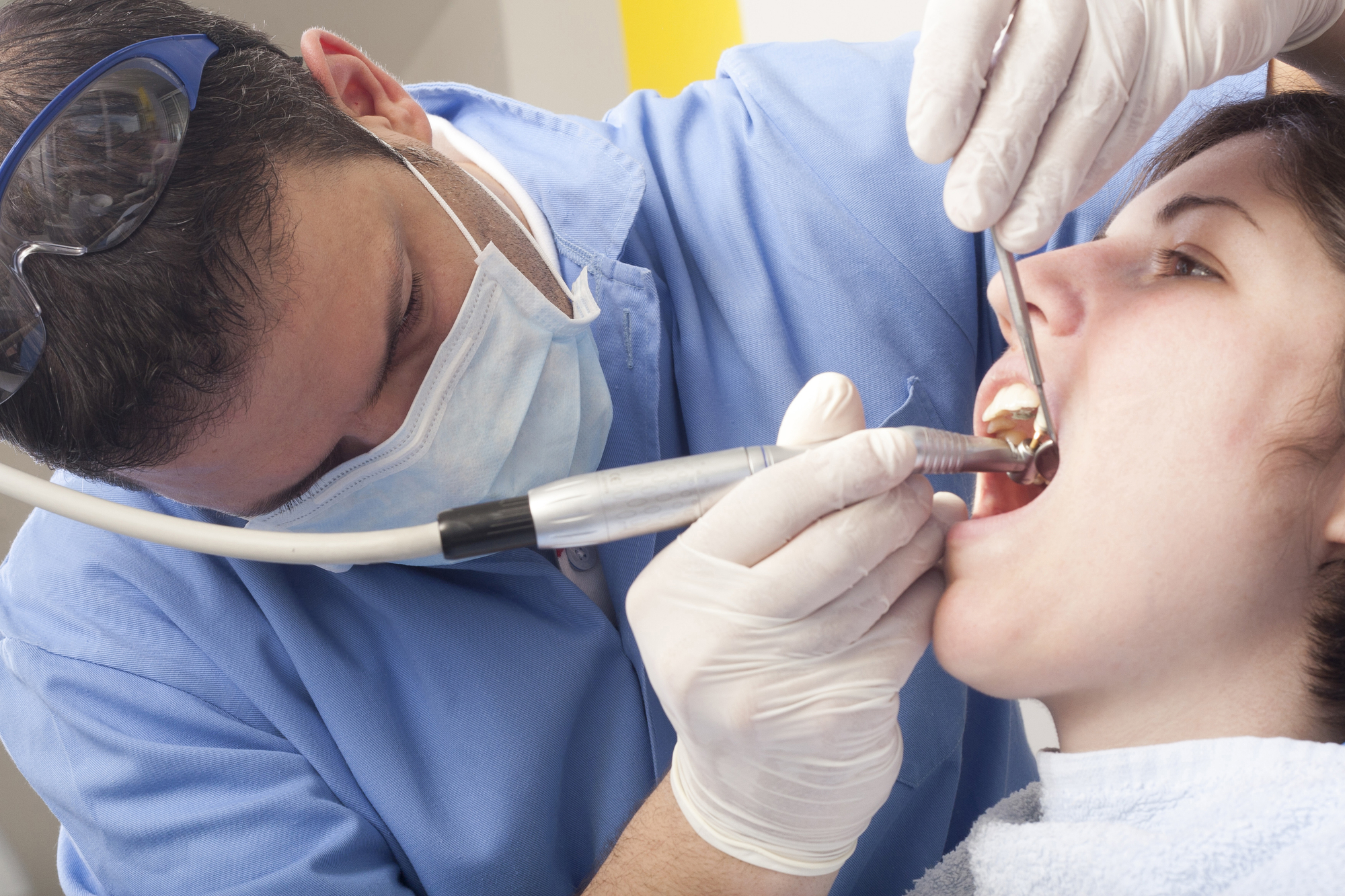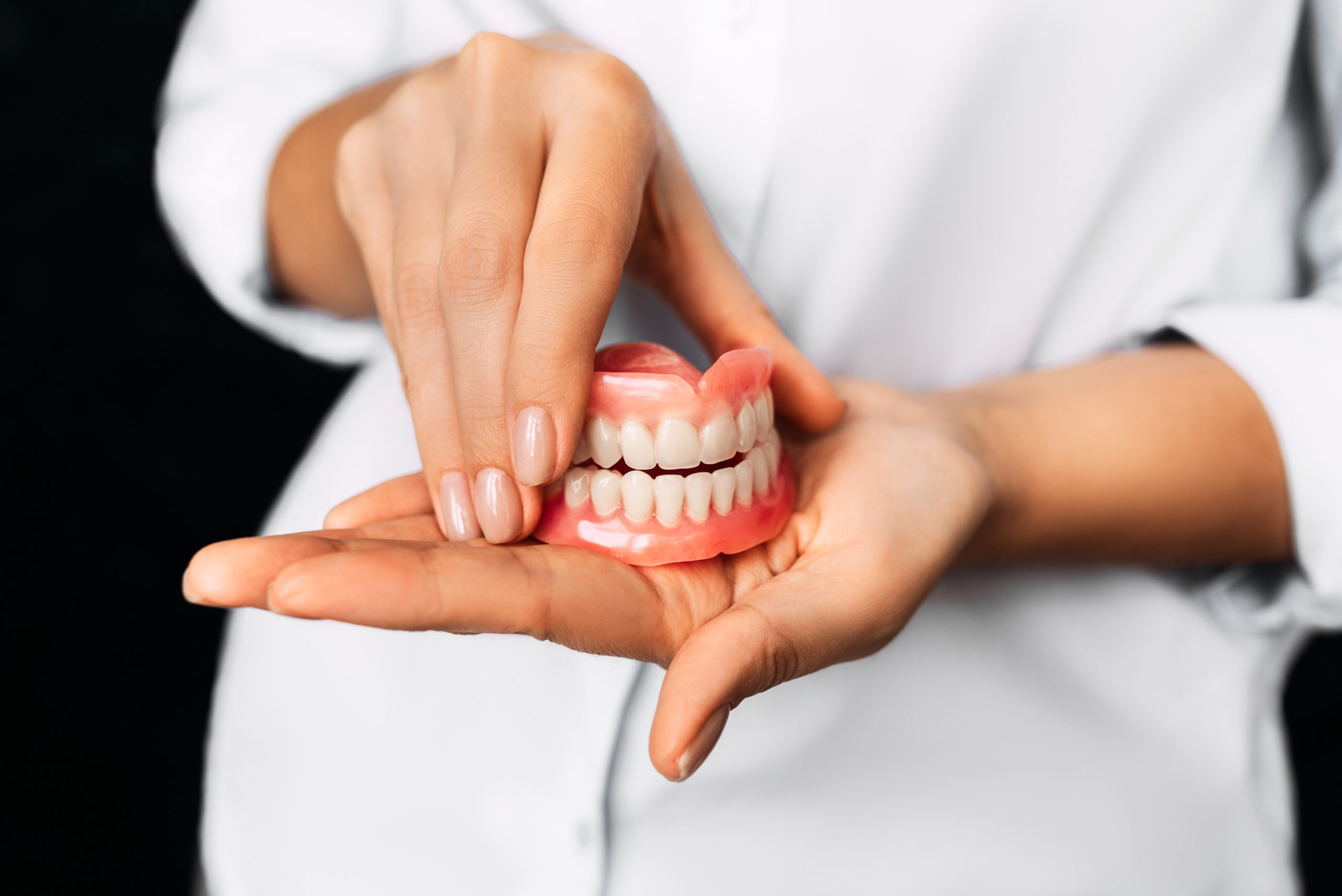
We’ve all heard horror stories about root canal therapy, but how much do you really know about this restorative treatment? You might be shocked to learn that it’s less painful than you may think!
At Magic Smiles Dental and Implant Centre, our team is passionate about dentistry. That’s why we offer numerous restorative treatments to help patients reclaim control over their oral and overall health. If you’re ready to talk to our team in Woolgoolga or Coff Harbor, NSW, then request your appointment online here.
Meanwhile, let’s test your knowledge about root canal treatment. Answer these questions to see how much you know!
A root canal is…
- A dental instrument
- A blood vessel
- A tunnel within a tooth
- None of the above
Answer: C
We commonly hear ‘root canal’ as a term for a dental procedure, but a root canal is a naturally occurring tunnel within our teeth. These tunnels house dental pulp, which is full of nerves, blood vessels, and sensitive tissue.
You might need root canal treatment if…
- You have a dental abscess
- You have a tooth infection
- You have a cracked tooth
- All of the above
Answer: D
When bacteria enter the dental pulp inside our teeth, the tissue inside gets contaminated. This can result in a painful tooth infection that manifests as a bump, or dental abscess, on the gums.
Oftentimes, a large cavity is responsible for eating away at teeth and gaining access to dental pulp. However, other dental damage (like a cracked tooth) can expose dental pulp, which will require root canal treatment.
Root canal therapy is very painful. True or False?
- True
- False
Answer: B
In the past, root canal therapy was extremely painful. However, root canals today are virtually painless thanks to local anesthesia and sedatives. Residual discomfort following the procedure may occur, but most patients can quell the pain with over-the-counter painkillers. Typically, patients leave our office feeling far less pain than when they walked in!
Root canals are not a successful dental solution. True or False?
- True
- False
Answer: B
Research indicates that root canals have an extremely high success rate of approximately 94%. This means that root canals give patients long-term relief from dental infections, which leads to a healthier mouth and smile.
What do dentists use to fill in a tooth after removing the infected pulp inside a tooth?
- Gutta-percha
- Gum
- Metal
- None of the above
Answer: A
Once our team removes the infected pulp inside a tooth, we must fill in the empty root canal to prevent more bacteria from entering the tooth. In most procedures, our team uses a material known as gutta-percha to fill in the empty space.
Gutta-percha is a rubber-like substance that comes from a tree commonly found in Southeast Asia. The substance is biocompatible, meaning it works with the body rather than against it.
After the procedure, a dentist must cover the tooth with a dental crown. True or False?
- True
- False
Answer: A
Filling in the tooth with gutta percha is just one way to protect an affected tooth from further damage. The second line of defense is a durable restoration, like a dental crown. These strong, ceramic coverings support the structural integrity of teeth and protect them from bacteria.
Schedule a Consultation Today
If you think that you might need root canal therapy, then don’t delay. Call Magic Smiles Dental and Implant Centre for a consultation today. Our team will help you fight the pain and restore your smile.
To request an appointment at one of our three locations, send our team a secure message online here.












Recent Comments